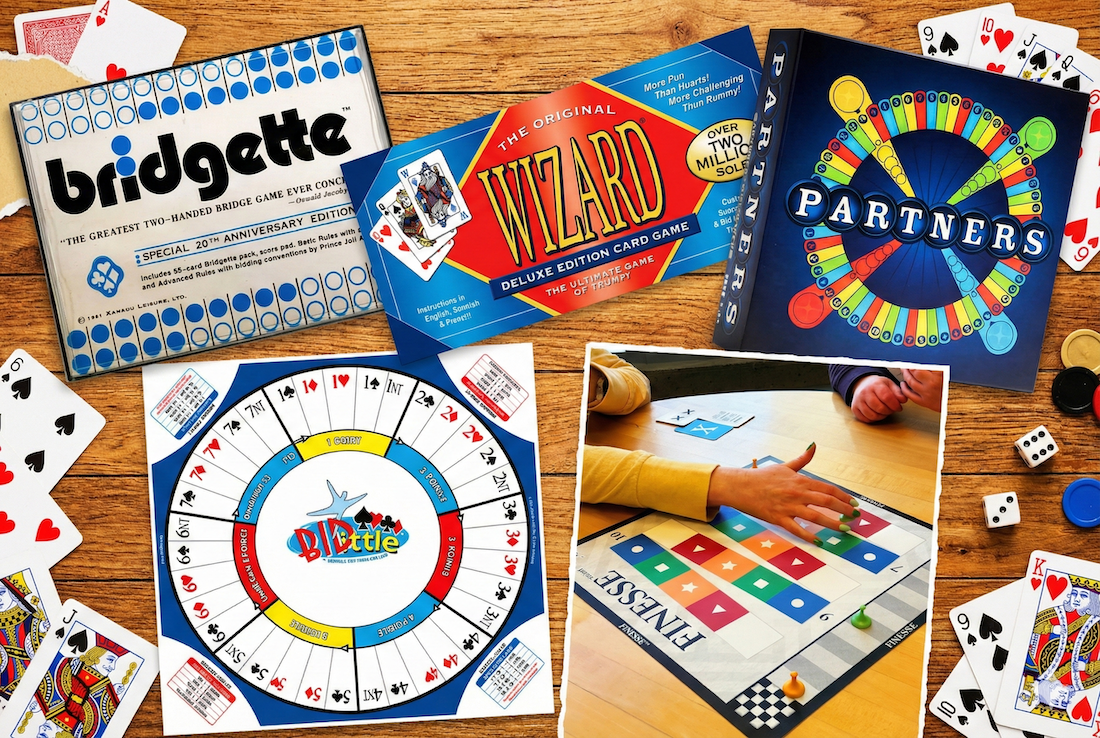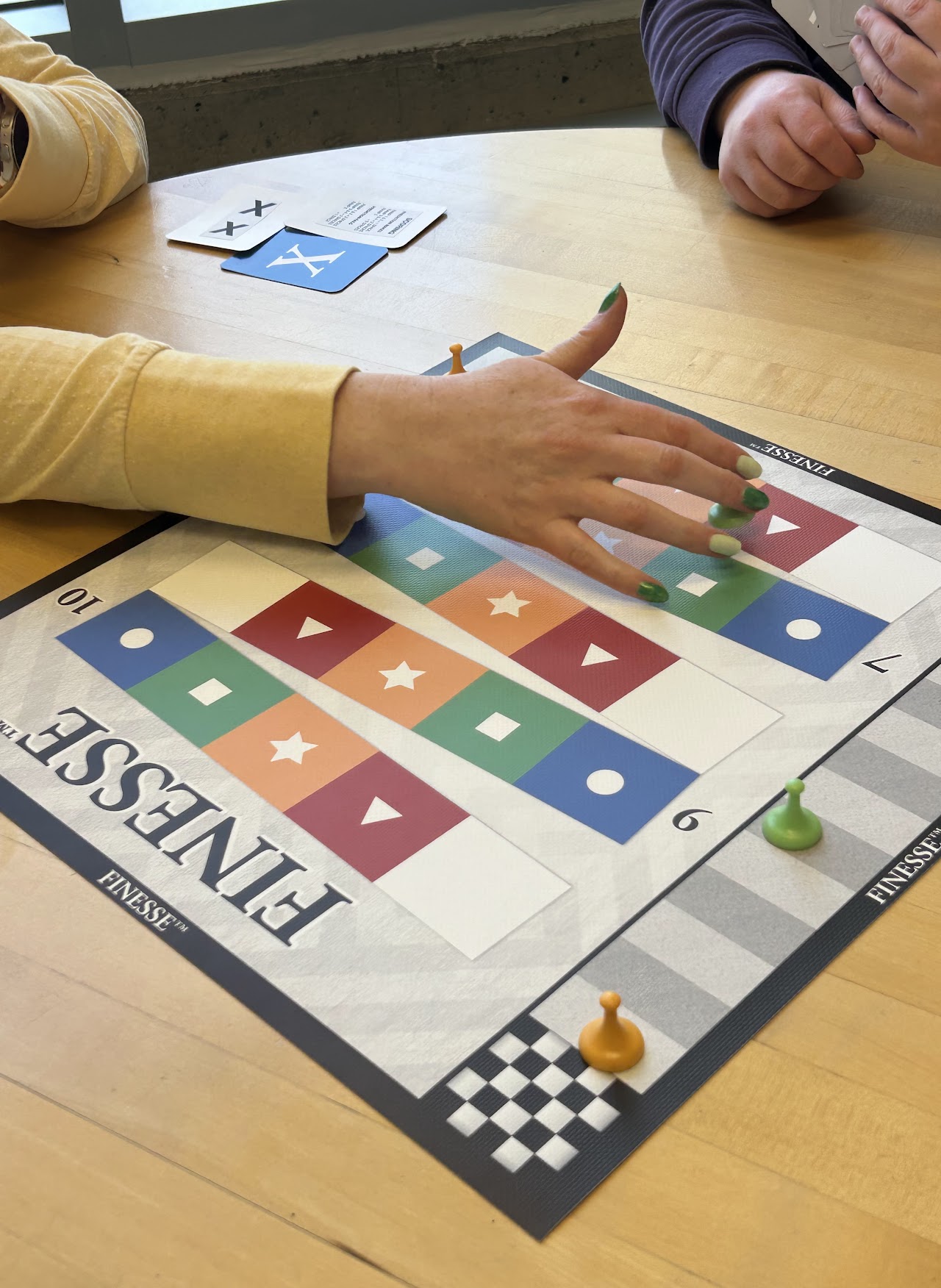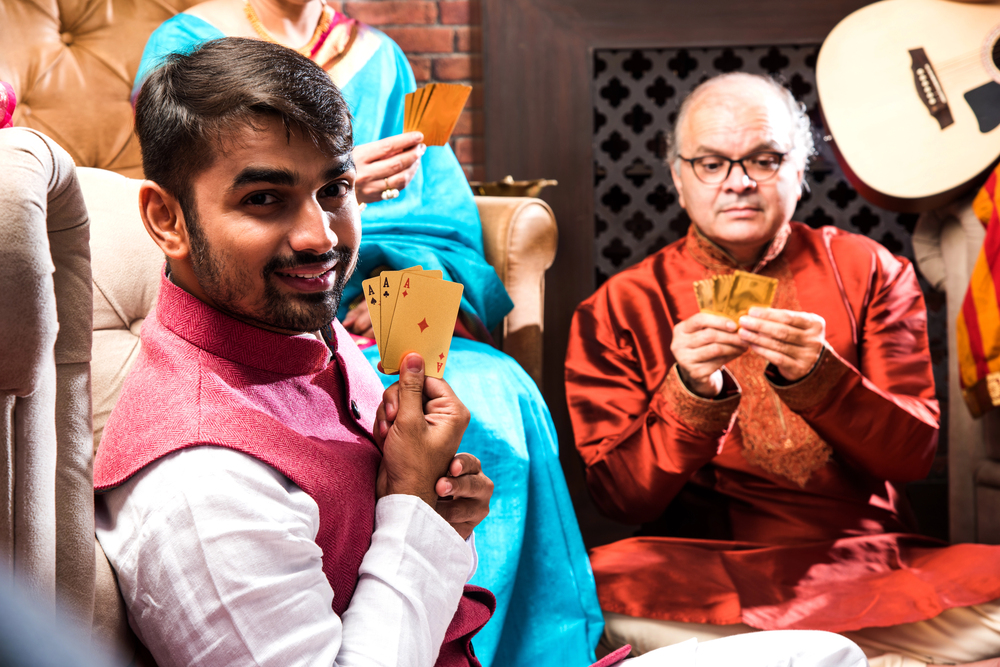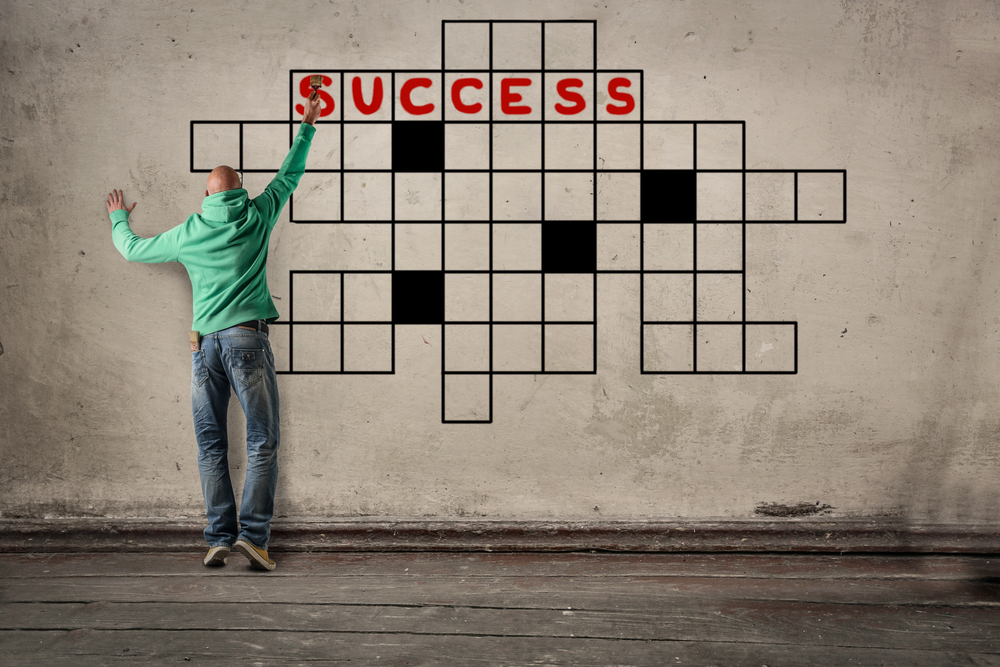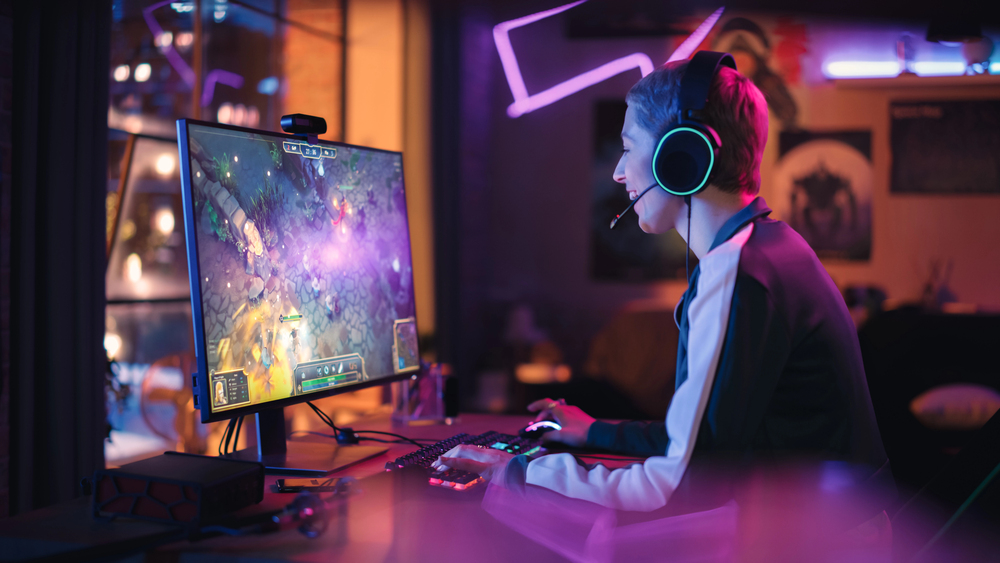From creative trick-taking twists to team-based board games, these bridge-inspired titles are perfect for learning, teaching, or simply enjoying a quick card-style challenge when a full bridge table isn’t available.
Category: Cards & Games
Simple games strip away complexity and reveal the core of decision‑making: how we recognize patterns, respond to psychological pressure, and repeat predictable behaviors. These fundamentals matter at every card table you’ll ever sit at.
Card games in the Arab world are living traditions of skill and social bonding, from Gulf partnerships in Baloot to the strategic trick-taking of Trex, all offering unique lessons in memory, communication, and tactical adaptability.
Playing card games with thoughtful preparation — including good lighting, comfortable seating, smart snack choices, and matched game complexity — transforms a routine gathering into a lively, focused, and memorable game night that strengthens both minds and friendships.
Finesse is a new board‑game adaptation of bridge by Canadian author Carole Coplea which aims to make trick‑taking easy and fun. With a 40‑card deck, simplified scoring, and a board‑based visual system, it promises to be a gentle introduction to bridge-like play that even kids can enjoy.
Teen Patti, literally “three cards”, delivers fast‑paced rounds, social bluffing, and simple yet thrilling hand rankings. Whether you play “blind” without looking at your cards or “seen” after peeking, each round builds suspense making it a favourite at Indian family gatherings and festive nights alike.
Keeping your brain sharp doesn’t require a tournament or major event—daily habits like puzzles, rest, and light movement help your mind stay focused, flexible, and ready for whatever life throws at you.
Losing track of time while gaming is common. This article outlines clear steps to track screen time, set boundaries, take breaks, and identify when gaming starts to impact other areas of life.
Online gaming is no longer just about fast reflexes and high scores. A growing wave of players is seeking out games built around calm, creativity and community.
With casual tournaments, every‑eight‑hour bonus gold, and a portfolio of Filipino‑favorite card games under one roof, Tongits Go invites you to slide into a familiar rhythm.

